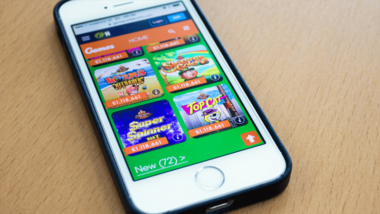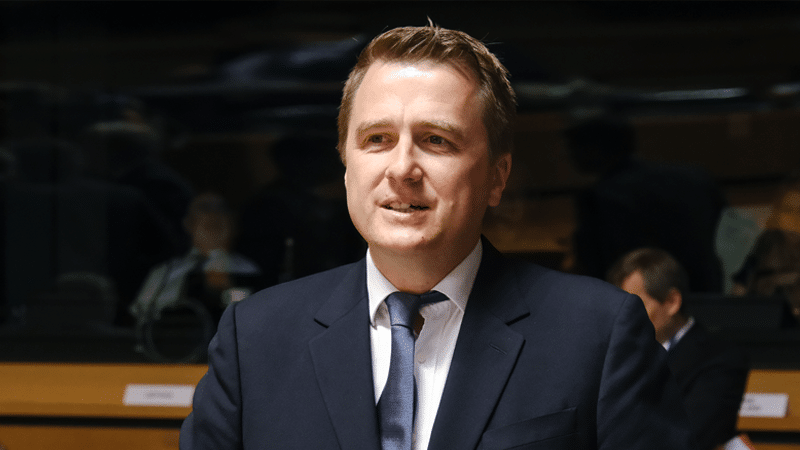New gambling restrictions have been approved by the Irish Parliament, despite strong opposition from the betting industry.
Justice Minister James Browne, who introduced the Gambling Regulation Bill in 2022, said it would provide a coherent licensing framework and tackle the “proliferation of digital gambling activities and advertising”.
During the passage of the Bill, the Minister said that he had resisted “endless” pressure to weaken restrictions on advertising and stake limits for slot machines.
‘Incorrigible industry’
Once enacted, the legislation will establish a national regulator, create a social impact fund to address problem gambling, and ban advertising across on-demand services, television and radio between 5:30am and 9pm.
Welcoming the Bill’s progress, Browne said: “At its core, this legislation is a public health measure aimed at protecting our citizens from gambling harm, including younger people and those more vulnerable in our communities.”
Anne Marie Caulfield, CEO Designate of the Regulatory Authority of Ireland, also acknowledged the important role the new watchdog would play in “protecting the public from gambling harms”.
But in an opinion piece for RTÉ, Bernard Long, an assistant lecturer at University College Cork, cautioned that “it is unclear whether the authority will be able to tame the harmful and incorrigible gambling industry”.
Gambling ad saturation
Research published by the Institute of Public Health in August found that 18 to 34-year-old gamblers encountered gambling marketing on a near daily basis.
One participant told researchers from the Institute for Social Marketing and Health at the University of Stirling: “Everywhere I can think of I think I’ve probably seen gambling adverts”.
Another commented: “You see it on football jerseys, all over sports websites, when you’re watching football, when you’re watching horse racing, the first ad after it all is Skybet or Paddy Power”.
The study authors concluded: “The high awareness of gambling adverts, offers and promotions, and the fact that gambling marketing was a topic of discussion for most participants, suggests it has become a regular part of people’s lives.”

Young people in Ireland think gambling is ‘a normal part of sport’

